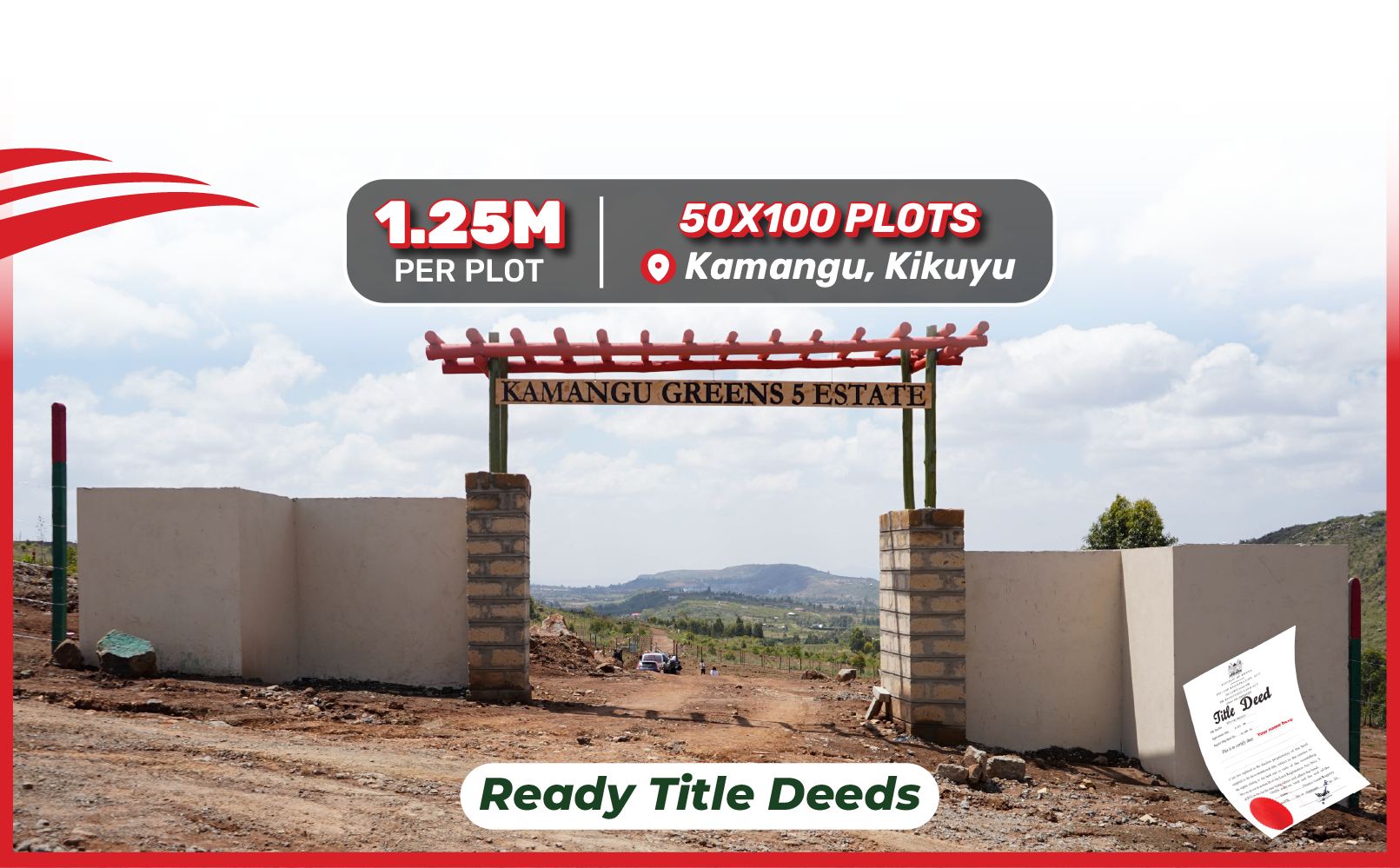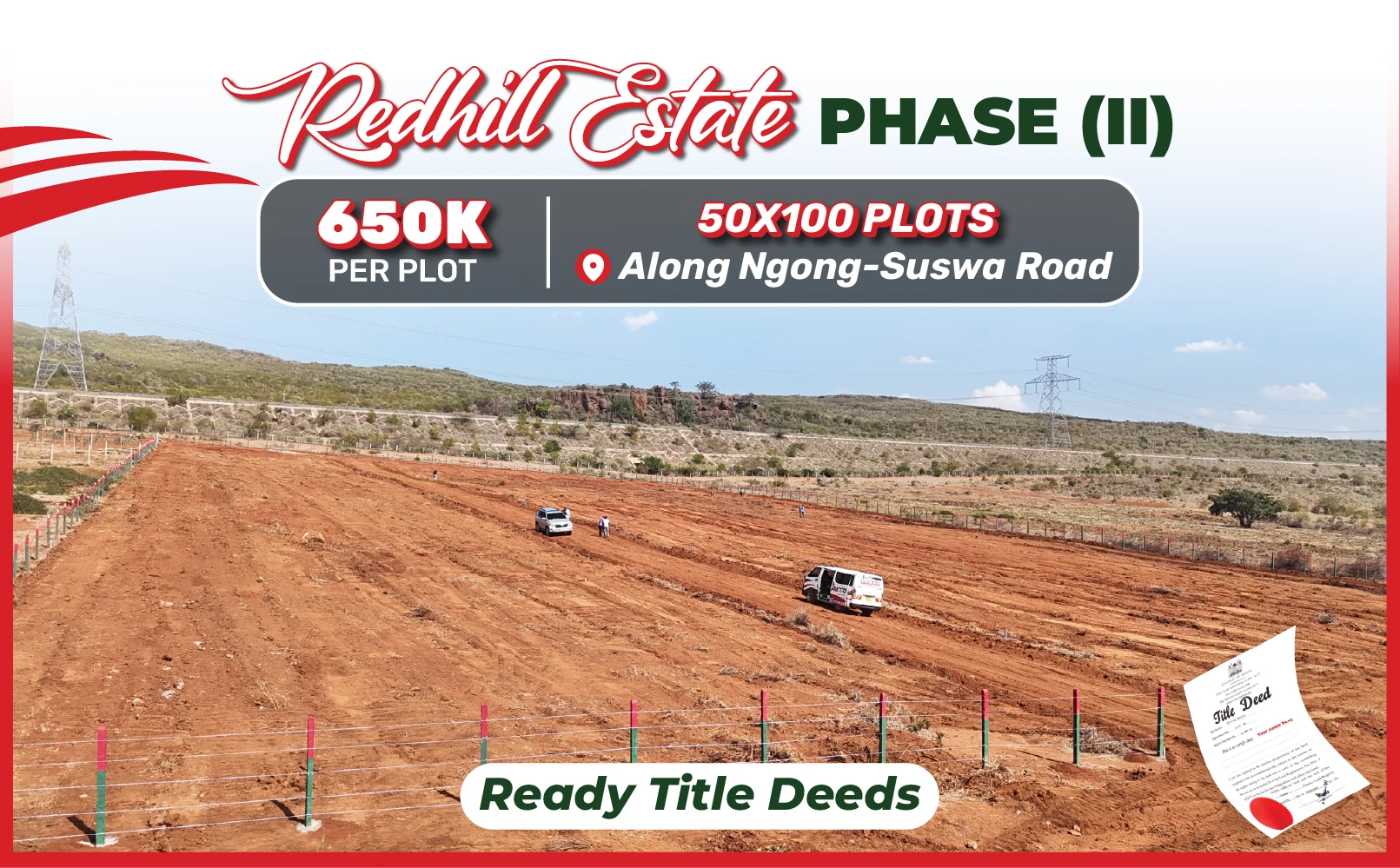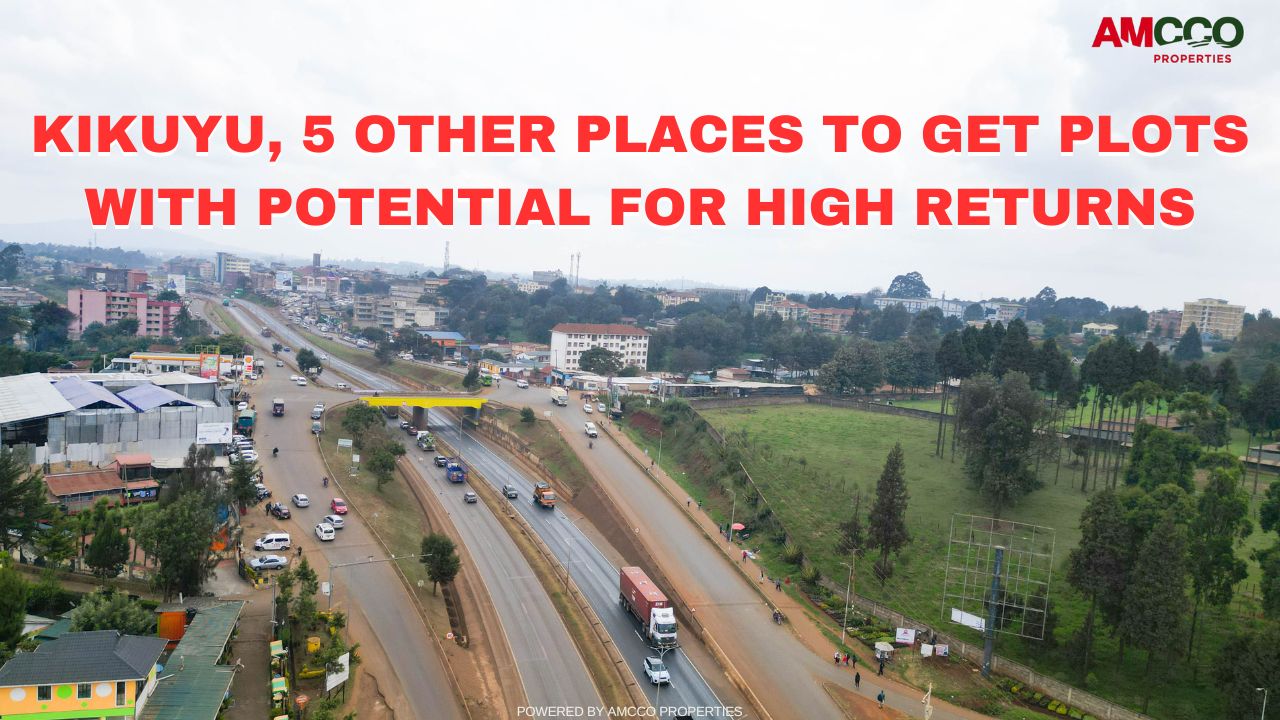How to identify land scammers
Purchasing land for the first time can be an exciting process, but on the same note, it is always advisable to watch out for land scammers, as there are quite a number of them.
Land scamming is not as hard as it looks.
Real estate scams are often created using information from legitimate listings online.
They are then later reposted, targeting potential victims.
When a potential buyer contacts them, a scammer will require a deposit to hold a property until you can view it in person.
This process is then repeated until a scammer has collected a certain amount of money before disappearing altogether.
And so it is always advisable, before giving up what you’ve been asked to do, to do detailed research on the particular plot of interest.
Below are some of the red flags that, if spotted, can lead you to conclude that you are being scammed or that you are dealing with a scammer:
A seller fails to provide detailed information.
If the one selling you land is not in a position to provide detailed information on the land that he is selling, then you should take that as a red flag.
In fact, end the conversation, deal, or whatever the two of you were agreeing on.
A seller should always be forthcoming with basic information about land; even if you really don’t know much about land, you can tell.
You realize there are multiple listings with different seller names.
While it’s common to find multiple listings of a property on different platforms, it’s important to make sure the same seller is listed on each one of them.
It is just such simple, basic common knowledge that you can’t fail to question that.
The deal is too good.
While there are thousands of great deals out there, it’s important to be aware that if something sounds too good to be true, it probably is.
You can definitely tell the price tag of land by now depending on the locations.
For instance, you cannot buy land near the city at a very low price; that wouldn’t add up. Some of these things are actually self-awareness and being open-minded.
The land dealer wants to close in fast.
If a seller is in a big rush to seal the deal and it happens that you don’t feel quite right about it, listen to your gut instinct; they always never lie.
Definitely, A reputable seller will know that you will need to do your research in a timely manner and will not make you hurry and close the deal.
Also, if a seller tells you an incredible story tied to the sale of the land to explain their hurry or a great price, be cautious.
That there is desperation that you shouldn’t ignore and fail to question.
The seller is uncertain and unavailable.
Each time you ask a question, they really lag, trying to find the solution as well as distracting you with other things.
They can also answer differently.
Also, for the record, don’t be fooled by their great English; some of these people are learned.
Keep that in mind and always insist that they take you slow, especially when explaining stuff to you, as well as consider using language that won’t be hard for you to understand.
Before you buy a property, view it in person first to determine if there are any problems with it that weren’t included in the property description.
And above all, be self-aware of these things; they might look basic and small, but trust me, they are a big deal.
It’s important to consult with a real estate attorney to help protect you against scams and to ensure the terms and sales agreement are as indicated and nothing has been left out.




.jpg)